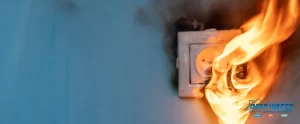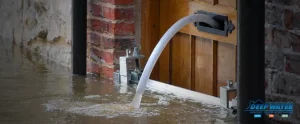Sewage backups at home is a major concern for many homeowners as they pose significant health risks, emit foul odors, and can even compromise the structural stability. It is thus crucial that a sewer backup is addressed immediately and the necessary steps taken to prevent its recurrence.
In an emergency like sewage backups, engaging a professional sewage cleanup service is the most viable option. Following the cleanup, finding out how to prevent sewer backups should be considered as these can minimize the risks of a similar issue in the future.
Common Causes of Sewage Backups
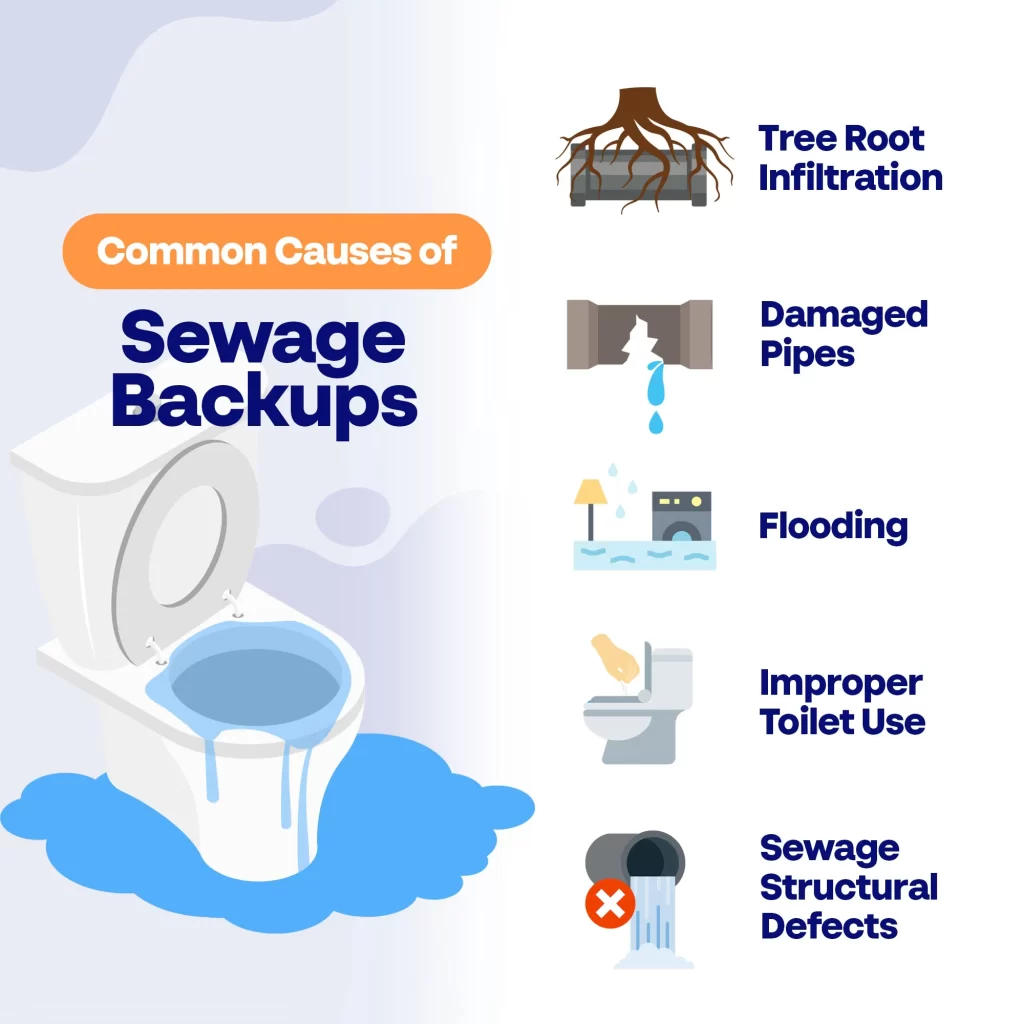
Sewage backup is a common but serious household problem. It occurs when wastewater from sinks, toilets, and other home fixtures cannot flow through the pipes and backs up into the source. Some of the common causes of a sewage backup are the following:
1. Tree Root Infiltration
This is a common cause of sewage backups. Tree roots can grow into pipes and cause blockages, which prevent wastewater from flowing through. Blockages can also be caused by items that are flushed down the toilet or poured down the drain, such as paper products, grease, and cooking oil.
2. Damaged Pipes
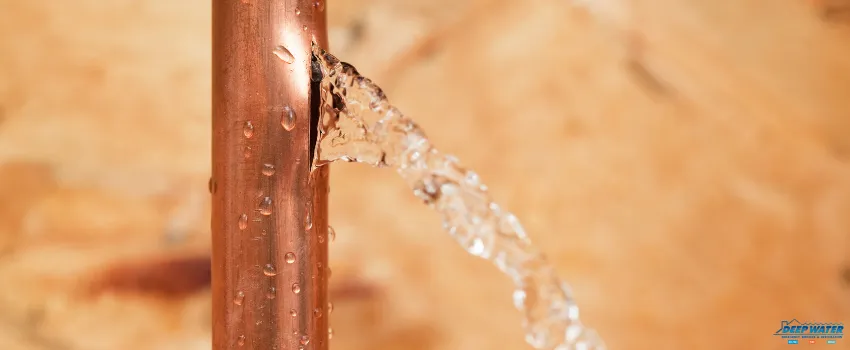
Over time, pipes can become damaged due to age, wear and tear, or improper installation. They can also break due to external factors, such as major construction works.
3. Flooding
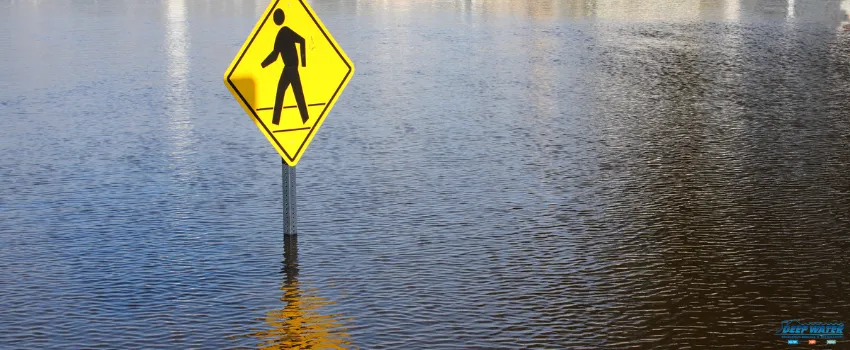
Heavy rainfall or flooding can sometimes overwhelm the sewer system. When this happens, wastewater can back up and make its way into your home.
4. Improper Toilet Use
Flushing items other than toilet paper and human waste down the bowl can cause blockages in the plumbing pipes. These include items like baby wipes, cigarette butts, and feminine hygiene products.
5. Sewage Structural Defects
Although this is uncommon, errors in the installation of the sewer system or in the home’s plumbing can occur once in a while. For example, a sewer line could collapse if this was not placed correctly, eventually causing wastewater to back up.
Sewer Backup Prevention Measures
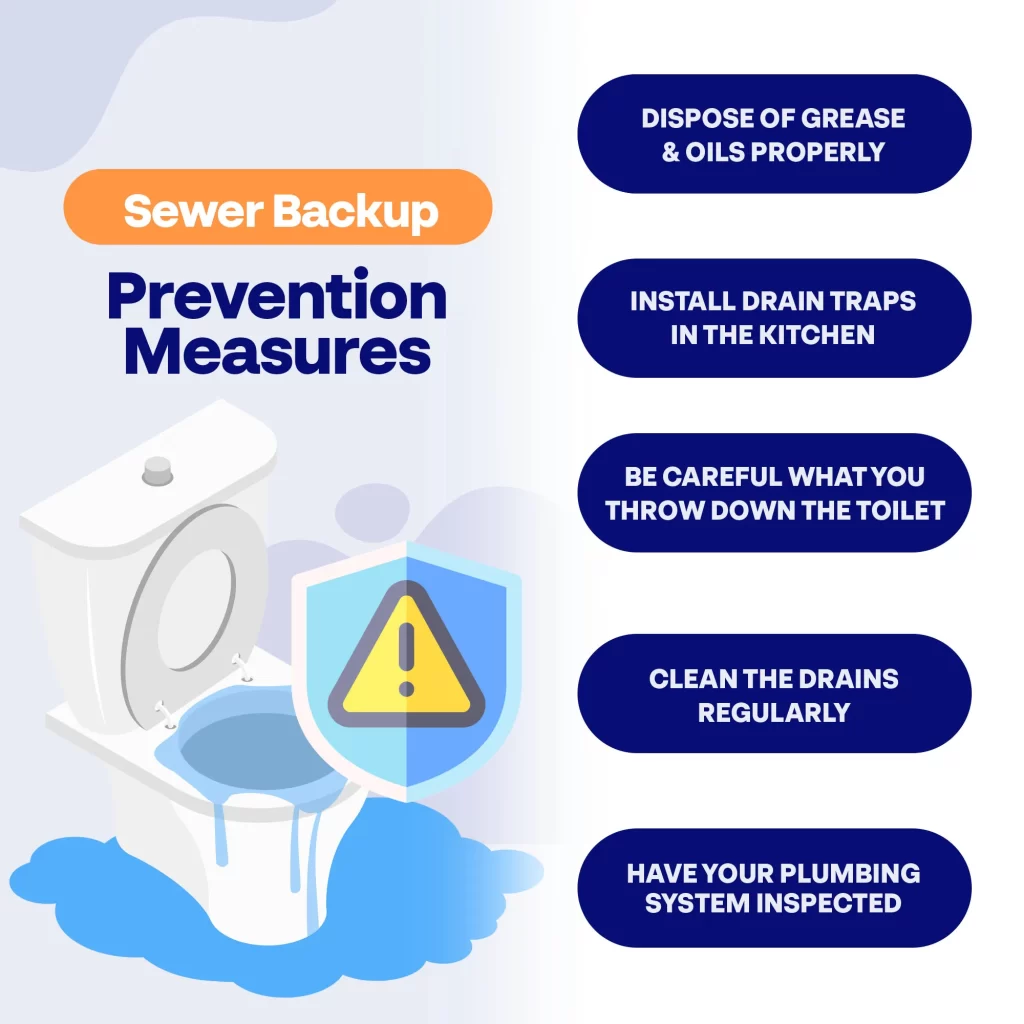
Sewage backups can occur due to various reasons, such as clogged pipes, flushing inappropriate items, and damaged plumbing systems. To prevent such a disaster from taking place, it’s best to follow several preventive measures as listed below.
1. Dispose of grease and oils properly.
Pouring cooking oil or other types of grease down the drain can cause clogs and prevent the pipes from functioning properly. The better option is to place grease in a plastic bag then throw it down the trash can.
2. Install drain traps in the kitchen.
This is a practical sewer backup prevention tip. A drain trap can prevent solid objects from clogging your pipes. These are typically designed for such a function and help prevent kitchen drain blockages.
3. Be careful what you throw down the toilet.
Ideally, only human waste and toilet paper should be flushed down. Any other items, especially feminine products, wipes, and diapers, do not disintegrate easily, and can cause significant problems for your plumbing system.
4. Clean the drains regularly.
This is another good way of preventing sewer backup. Drain cleaning is something that you can do on your own. Start by pouring baking soda down the drain, follow this up with a cup of vinegar, and finish off the cleaning with warm water. This should help to keep your drain pipes clean and clear.
5. Have your plumbing system inspected by a plumber.
Regular plumbing inspection can detect minor issues before they become major problems for you that can lead to costly repairs.In other words, to prevent sewer backup, plumbing maintenance is the key.
Benefits of Taking Sewer Backup Prevention Measures
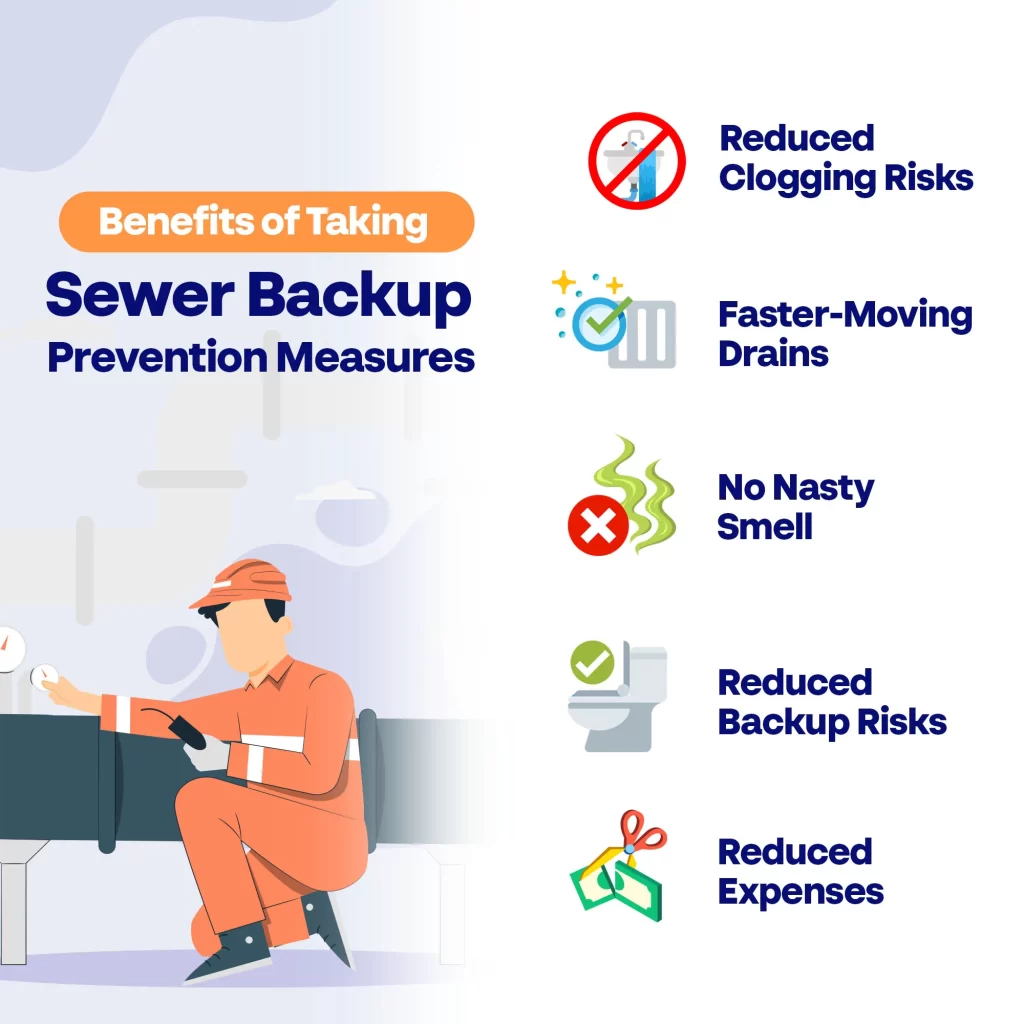
The following benefits can be gained when you take proactive measures to prevent sewage backups from happening:
1. Reduced Clogging Risks
Blockages and clogging in your plumbing system can cause significant damage and lead to unwanted and expensive repairs. However, when you take steps to prevent these issues from developing, you can rest in the thought that the problem will no longer crop up. For example, regularly cleaning your sewers can help prevent the buildup of substances that can cause clogs.
2. Faster-Moving Drains
When there are no substances that can result in a clogged plumbing, the pipes can drain faster. Fast-draining water can prevent the growth of harmful substances like bacteria, viruses, and microbes, which can cause severe health problems. Additionally, when your pipes drain well, it helps improve the overall efficiency of your plumbing system, providing you with a reliable supply of water.
3. No Nasty Smell
The unpleasant odor caused by sewage backups can pose both health and safety risks. Depending on the source of the smell, it may carry airborne diseases that can be harmful to humans. In instances where foul odors are already present, cleaning up the sewage can prevent these from spreading and causing further problems.
4. Reduced Backup Risks
Regular maintenance of your plumbing system can effectively prevent sewer backup from recurring. By properly maintaining your sewer lines, you can minimize the likelihood of damage that can cause overflows and backups. This, in turn, can help keep you and your family safe from the various health hazards associated with a faulty sewage, such as bacterial infections.
5. Reduced Expenses
When you know the steps in effectively preventing sewer backup, you won’t be spending money getting mitigation specialists to help you out if the disaster hits your home and community. This can lead to significant savings in the long term.
Key Takeaway
Strangely, a sewage backup can sometimes be inevitable. No matter how hard you try to maintain your home plumbing, external factors beyond your control can come in and cause unexpected and serious damage. If they are left unchecked, a sewage backup could ensue.
If you want to know how to fix a sewer backup, your best bet is to consult a professional mitigation company. They are in the best position to say how the disaster should be handled and the options that are available to you.
Get the best sewage cleanup services from Deep Water Emergency Services.
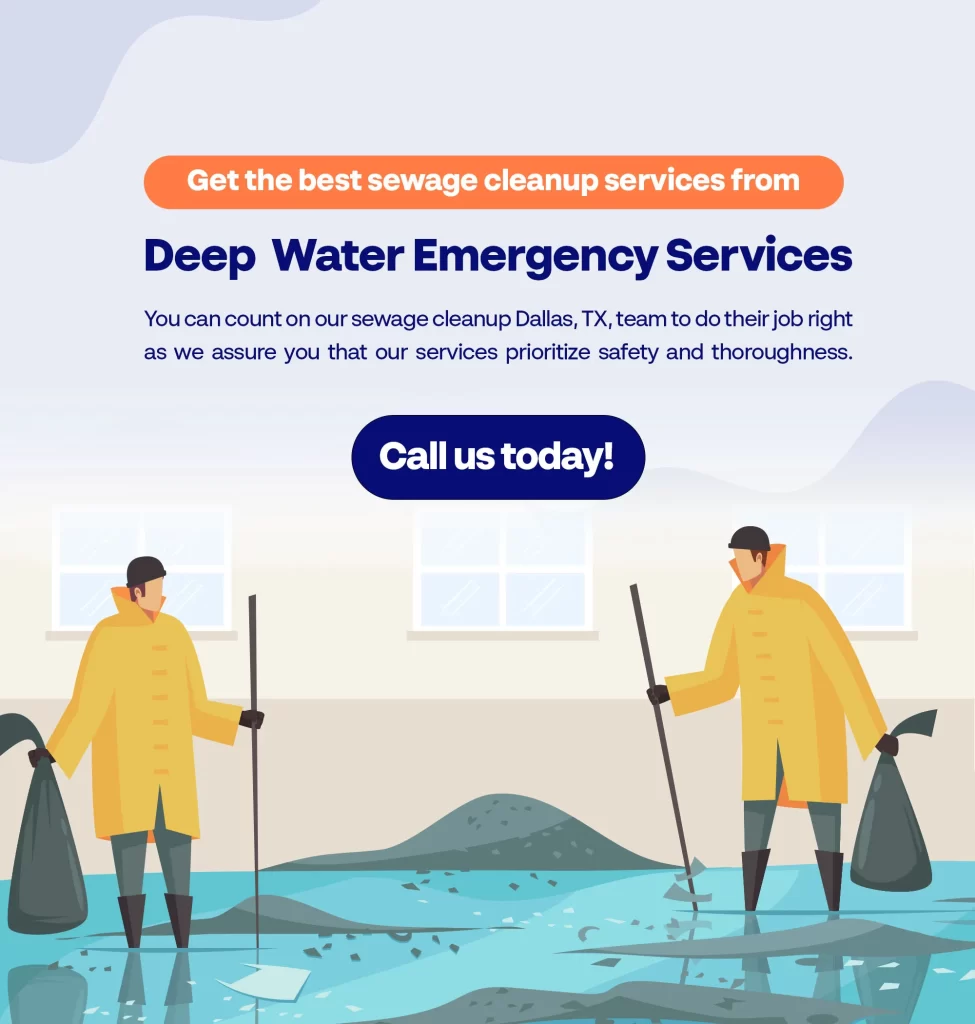
Professional assistance is necessary when dealing with sewage backups due to the multitude of associated risks, including health hazards, structural ruin, and even fire and water damage. Deep Water Emergency Services can offer this to you and much more.
We understand the importance of immediate action in addressing sewage issues.You can count on our team to do their job right as we assure you that our services prioritize safety and thoroughness. Call us today, and we’ll give you the details of our service offerings.




